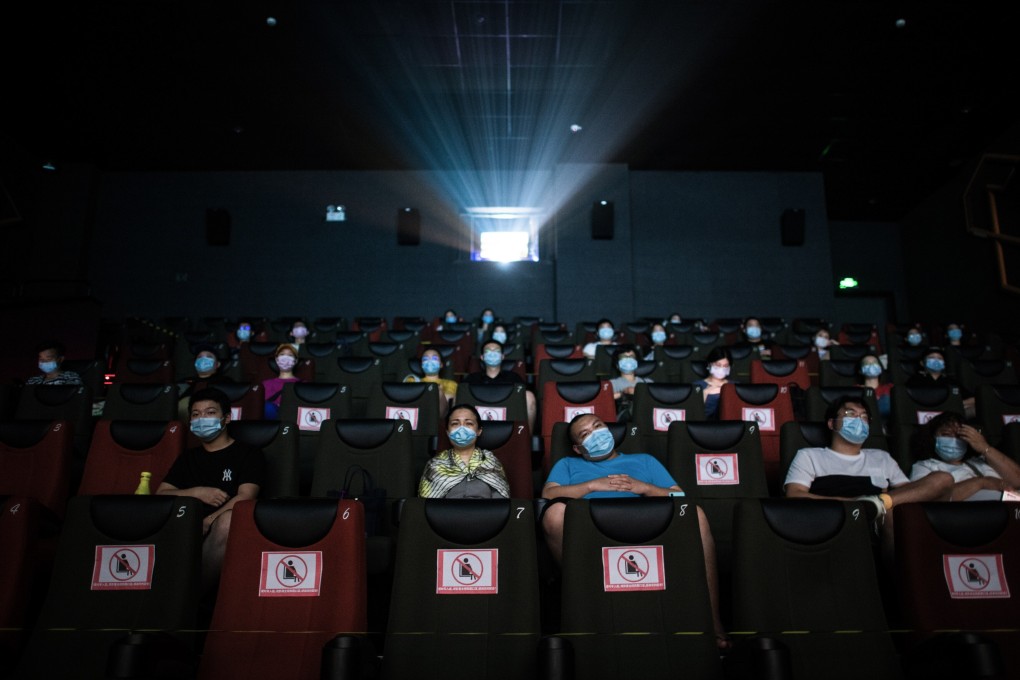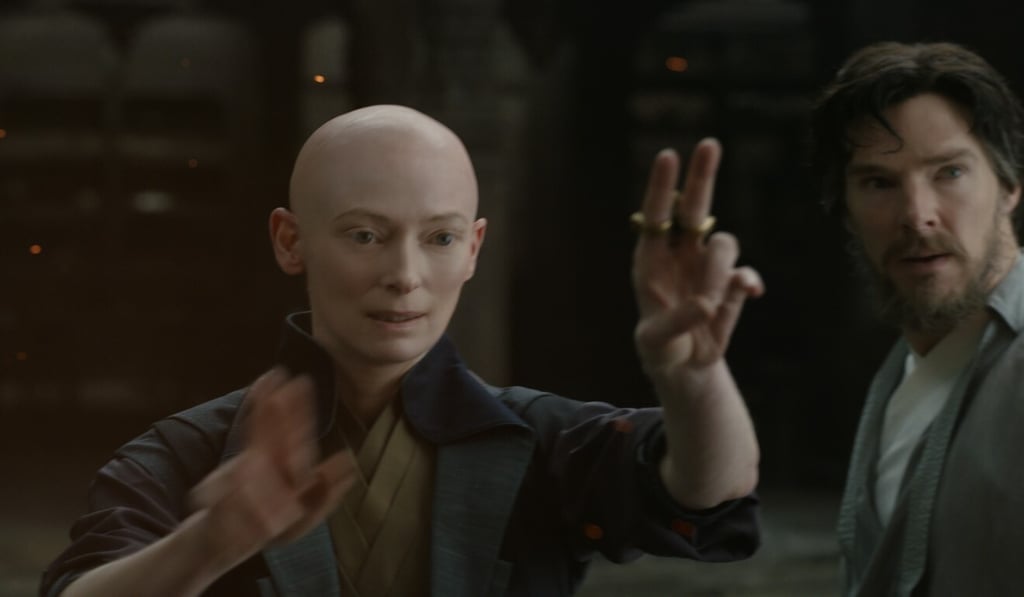Advertisement
Hollywood is being called out for appeasing Chinese censors, but state media doesn’t see the problem
- An exhaustive report from advocacy group PEN America examines how China’s economic clout affects Hollywood decision making
- Chinese state media says Hollywood needs China’s film market
Reading Time:3 minutes
Why you can trust SCMP

When Marvel Studios was adapting super hero Doctor Strange for the big screen, dedicated fans noticed a conspicuous change: the Ancient One would be a Celtic character played by Tilda Swinton. This was a departure from the character’s Tibetan roots in the comics, and his home of Kamar-Taj was moved from the Himalayan Mountains to Kathmandu.
Many people believed the change was a political decision from the Disney-owned studio to avoid angering China. This has become common practice in Hollywood, and it’s the subject of a recent report from PEN America.
In another example highlighted by the report, the upcoming Top Gun: Maverick changes patches on the back of Tom Cruise’s signature leather jacket from what was in the original 1986 film. Eagle-eyed fans were quick to notice that Japanese and Taiwanese flags have been replaced by different patches that look vaguely similar.
Advertisement

Doctor Strange and Top Gun are just two of many examples of how Hollywood seeks to avoid losing access to China’s massive movie market, the PEN America report argues. That economic clout has made Hollywood largely compliant to Chinese authorities’ and fickle censorship rules, according to the report.
Advertisement
The impact isn’t just limited to film releases in China, either. The report says Americans are often stuck watching the same version of a film because studios sometimes decide that it’s better to simply alter the master version a film to hide the fact that they self-censor.
Advertisement
Select Voice
Select Speed
1.00x